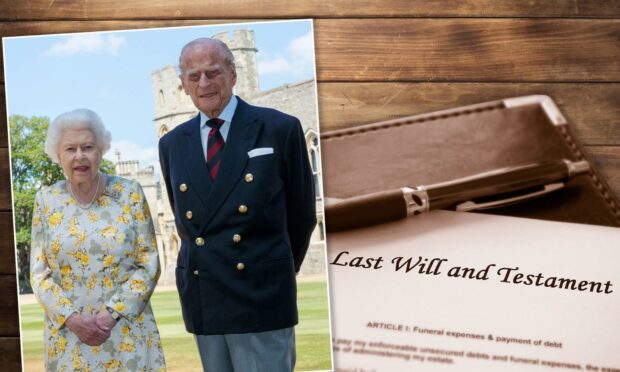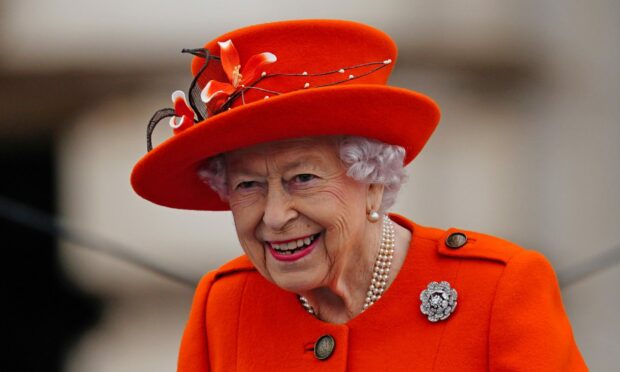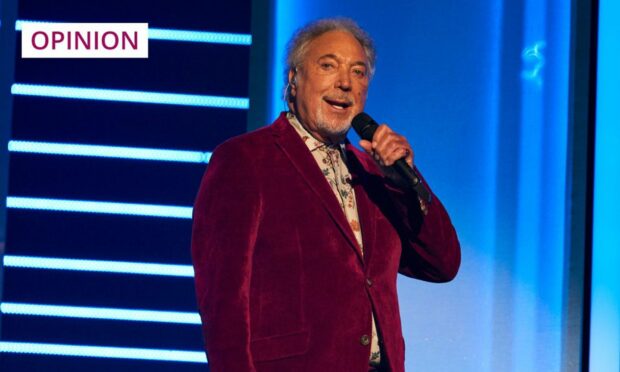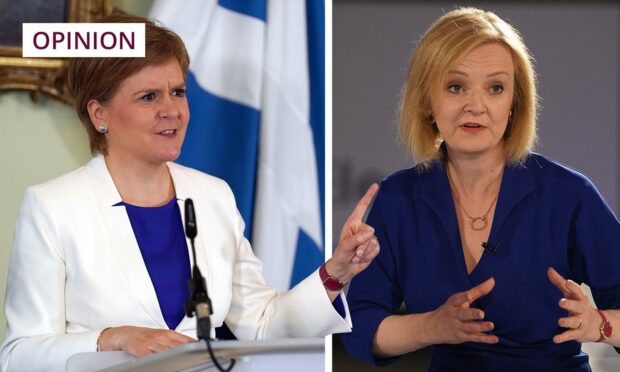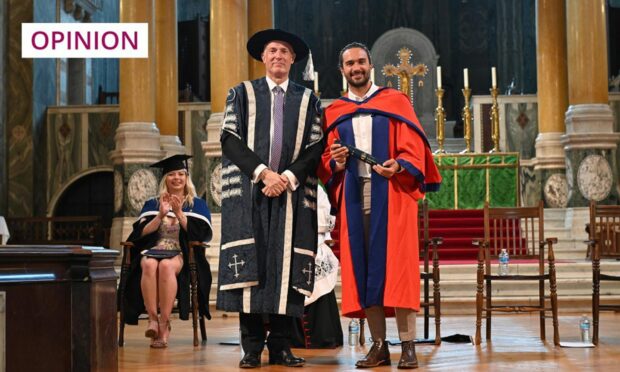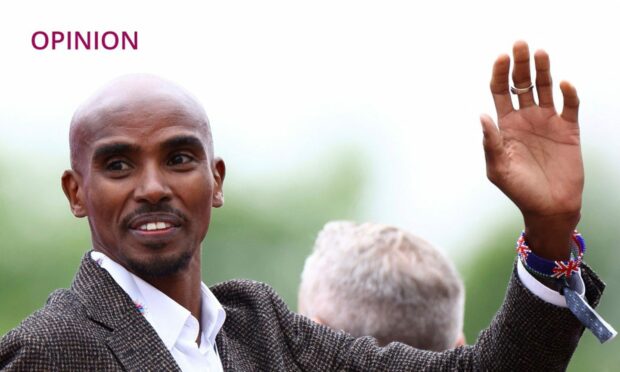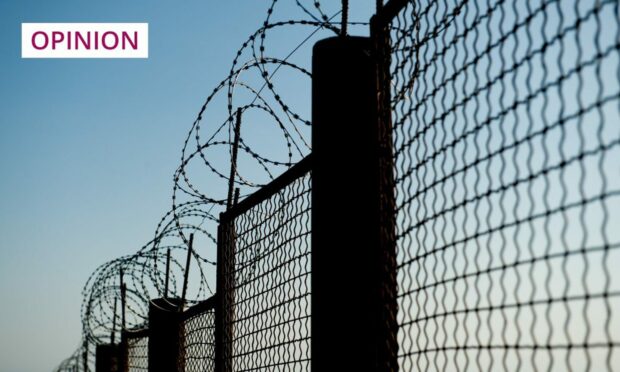British law dictates that wills drawn up by Joe – or Josephine – Bloggs should be made public after death. Their will may highlight a lover, a secret child, or a hidden bank account, but that’s public accountability for you.
It’s a legal safeguard ensuring wills are properly executed with beneficiaries informed. Unless of course you are the person who stamps the official seal on such legislation – ie the Queen – in which case your family is deemed exempt from making the deceased’s wishes (and secrets) publicly known.
Accountability in law, unless you are the law makers? Scarily familiar. Where have we heard that before?
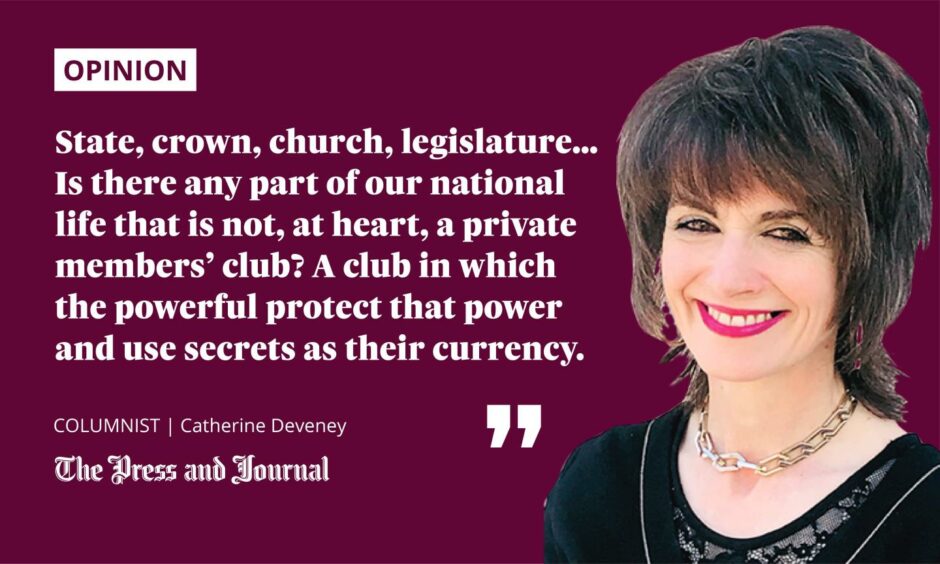
Last September, Sir Andrew McFarlane, president of the family division of the high court, upheld an application that Prince Philip’s will should remain private, ruling that there should be no access to the contents for 90 years to avoid unwelcome “intrusion” into royal affairs from the nosey-parker public, who might be curious but who had no “legitimate interest” in its contents. What was that knighthood given to Mr McFarlane for, do you think? Forelock-tugging?
Three cheers for the press
State, crown, church, legislature…. Is there any part of our national life that is not, at heart, a private members’ club? A club in which the powerful protect that power and use secrets as their currency. So three cheers for the Guardian newspaper which appealed McFarlane’s decision, and for Lady Justice King who passed to the Court of Appeal, a ruling not usually made without reasonable prospect of the appellant’s success.
Lady King questioned the original hearing being undertaken in secret, without press being able to make, or even hear, submissions. Sir Andrew had deemed the will to be “wholly private information.” If my will is not wholly private, why would Prince Philip’s be? He didn’t pay for my lifestyle but I paid for his. So, McFarlane can call it intrusion if he likes. I call it public accountability.
The relationship between the monarchy and the public cannot be trapped in some feudal timewarp. The exemption on royal wills was introduced in 1910 to cover the fact that Prince Francis of Tesk left emeralds – a family heirloom – to his married mistress. Orinoco may have currently moved from Wimbledon common to Downing Street but have we completely lost our grip on reality? The days of paying for trinkets for his lordship’s squeeze are surely over.
Taxpayers’ cash goes to the monarchy that makes their legacies our business
In 2020-21 the monarchy cost taxpayers £85.9 million. I’d say that makes their lifestyle, financial affairs and legacies my business. If Philip’s will has nothing to hide, it doesn’t need to be kept secret for 90 years. If it does, it’s not my great-grandchildren who deserve to know. It’s me.
There is a much touted notion that the Queen is a neutral figurehead. Uninvolved in political decision making, she merely rubber stamps decisions. It’s a myth belied by her use – or misuse – of “queen’s consent” which is largely hidden from the public. “Queen’s consent” has been used to ensure amendments that exempt her estates from all manner of responsibilities, from road traffic legislation to green initiatives.
In fact, while her son and grandson bang on about saving the planet, the Queen’s lawyers wangled a deal with the Scottish government exempting her from a major carbon emissions initiative. She’s one of the largest landowners in Scotland, owning 61,500 acres, but the only one not forced by law to facilitate the construction of pipelines to heat buildings using renewable energy.
All of life is revealed in wills – and with royalty it should be
Why? Can’t afford it? Not convenient? Imagine the response if ordinary families asked for an exemption to the new legislation that demands integrated smoke alarms from next month, on the grounds that they are skint and can’t afford the estimated £200 to buy them. It’s back to front, like the “black cards” that companies like Nando’s give to celebrities so they don’t pay for their dinners. What are they giving freebies to them for? They’re the ones who CAN afford to pay.
UK newspaper to challenge secrecy over #PrincePhilip's will. https://t.co/gaTf7kkFVR
— 🛡 Royal Reporter (@royal_reporter) January 27, 2022
Wills capture the same love, hate, resentment and tangled webs of life itself. The American comedian Jack Benny’s provided for a long-stemmed rose to be delivered daily to his wife after his death, while the American lawyer Townsend Murphy Zink described his “intense hatred of women” and requested his money be used to build a library. No female authors. No female visitors. It never happened; his daughter contested it.
All of life is revealed in wills – and with royalty it should be. Here’s hoping the Court of Appeal removes royalty’s “black card” privileges and restores some equality under the law. Because nobody – as Prince Andrew is discovering – is above it.
Catherine Deveney is an award-winning investigative journalist, novelist and television presenter
